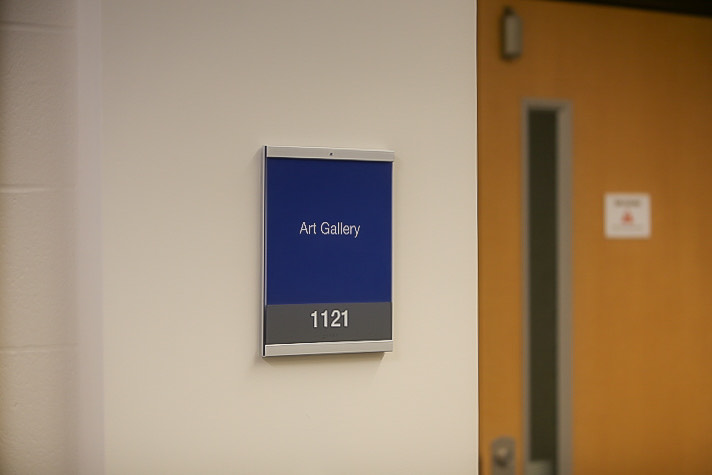OPEN-BOOK
Jan 10, 2013
Though at first glance the Michigan Public Act 201 of 2012 may seem a little bit invasive, the act – which requires public higher education institutions like Grand Valley State University to provide online links to documents like crime statistics, budget summaries and reports, as well as a full list of employee’s annual salaries – it makes a lot of sense in an environment aimed at open-booked awareness.
Although at GVSU the documents required under the new stipulation have always been accessible for those he knew where to look or who to ask, employee salaries have only been available in a single copy at Allendale’s Zumberge library. The comprehensive new list, which was posted to the university’s website on Dec. 21, has been met with a little bit of hesitance – though to be fair, the university’s Assistant Vice President for University Budgets said that out of the over-3,000 names included on the public payroll, only around a dozen expressed uneasiness about the measure.
“Since we’ve had salary information available for about 20 years in the library on campus, salaries aren’t a secret,” Richardson told the Lanthorn. “It’s not like we’ve been hiding it, it’s just that it wasn’t available on a website to the whole world.”
Though a little discomfort with the disclosure of information that seems so sensitive is understandable, as a gesture of transparency, the move is a responsible one on the part of the Michigan legislature. Clearing out any accessibility issues the general public might have with obtaining university reports not only makes sense, but through this kind of free flow of information, helps to separate ourselves from more calloused government regimes and foster a much more genuine spirit of democracy within the rising generations of students.
From a more practical perspective, we can hope that this signals a more invested state government, who will convene in coming days to announce the budget plan for fiscal year 2013-2014.
Perhaps they will find the same responsible logic in their funding method that they have in open document access, and in that same spirit, come to more intimately understand the individual plight of each public institution.

























